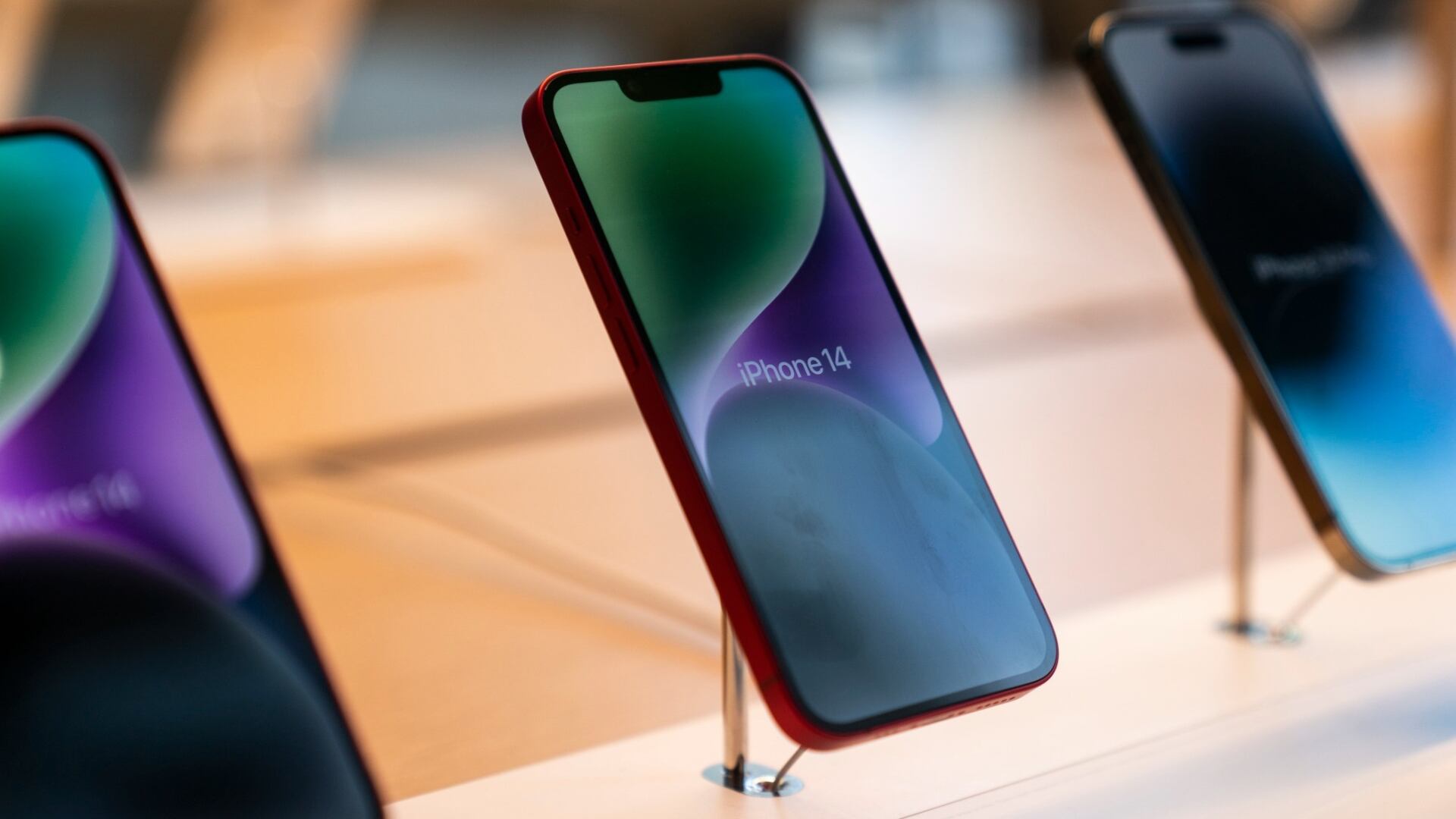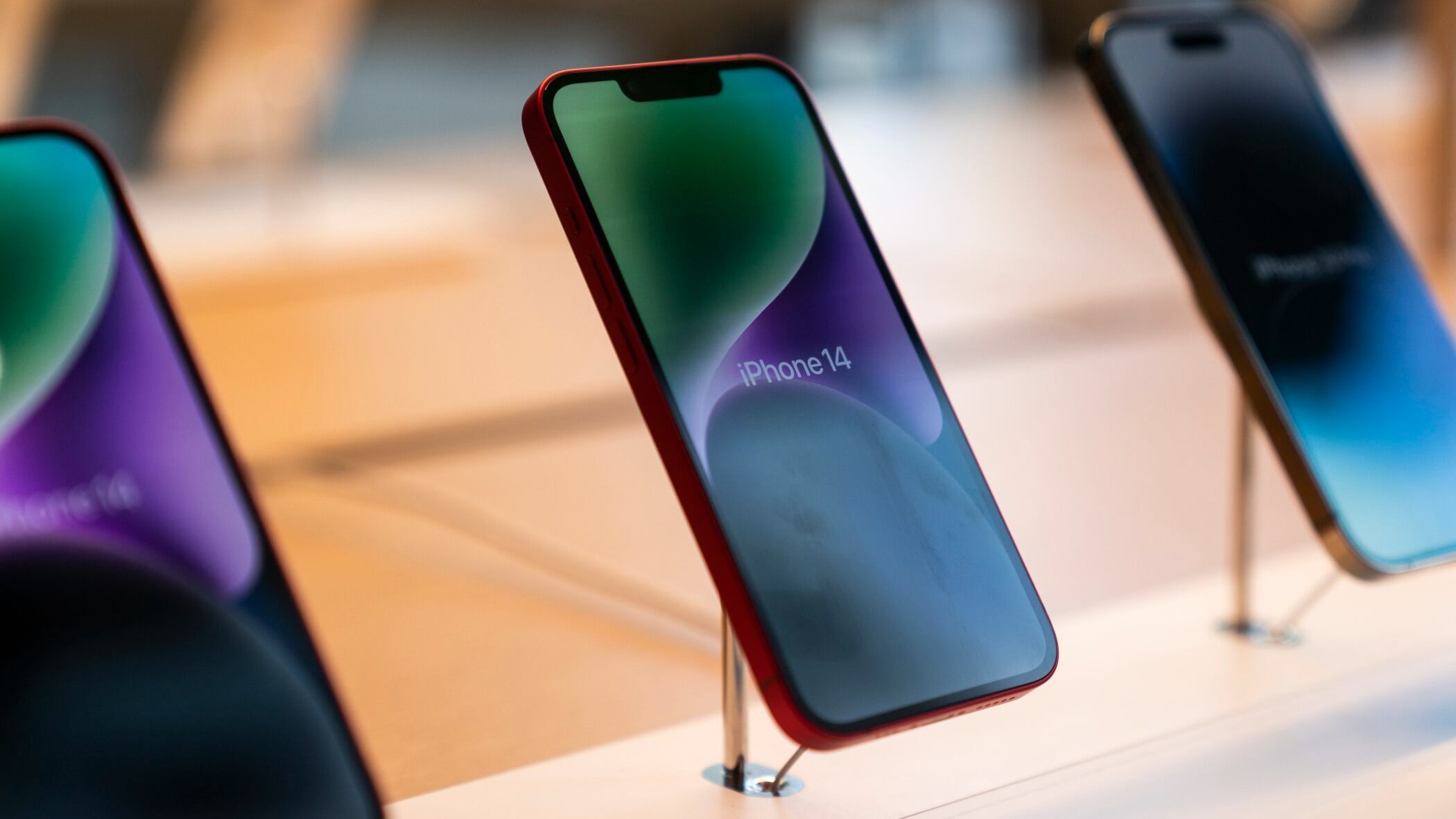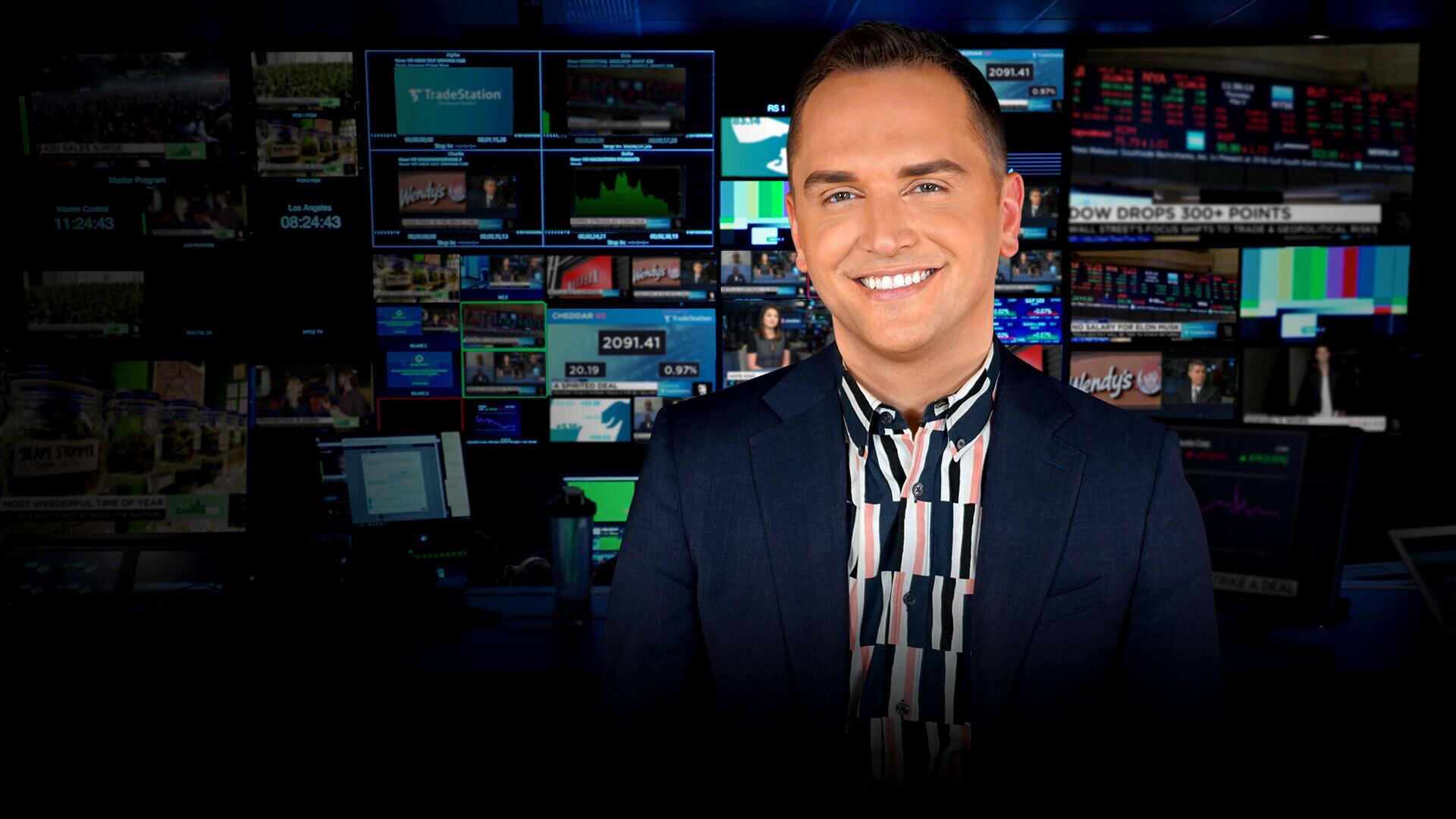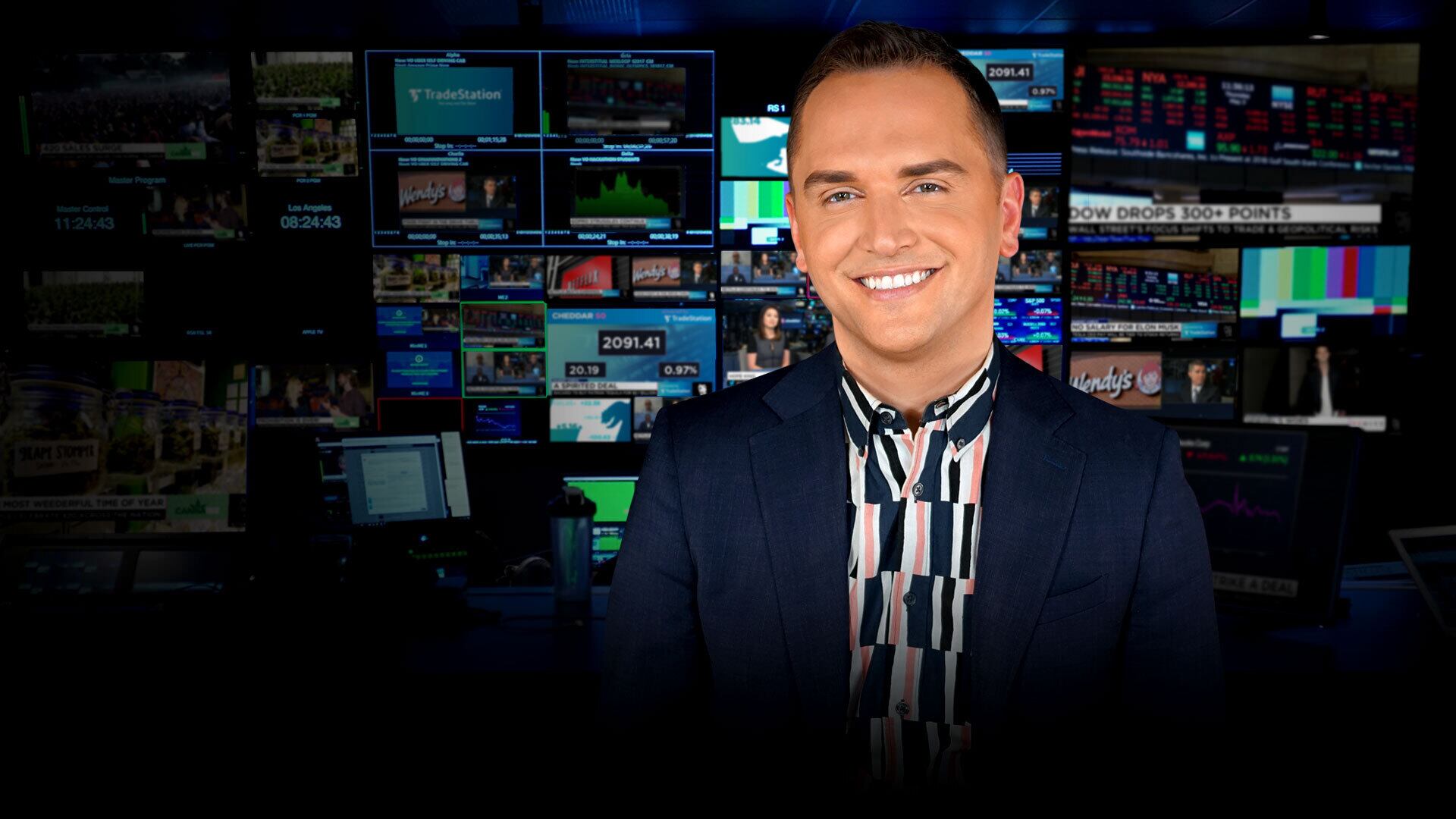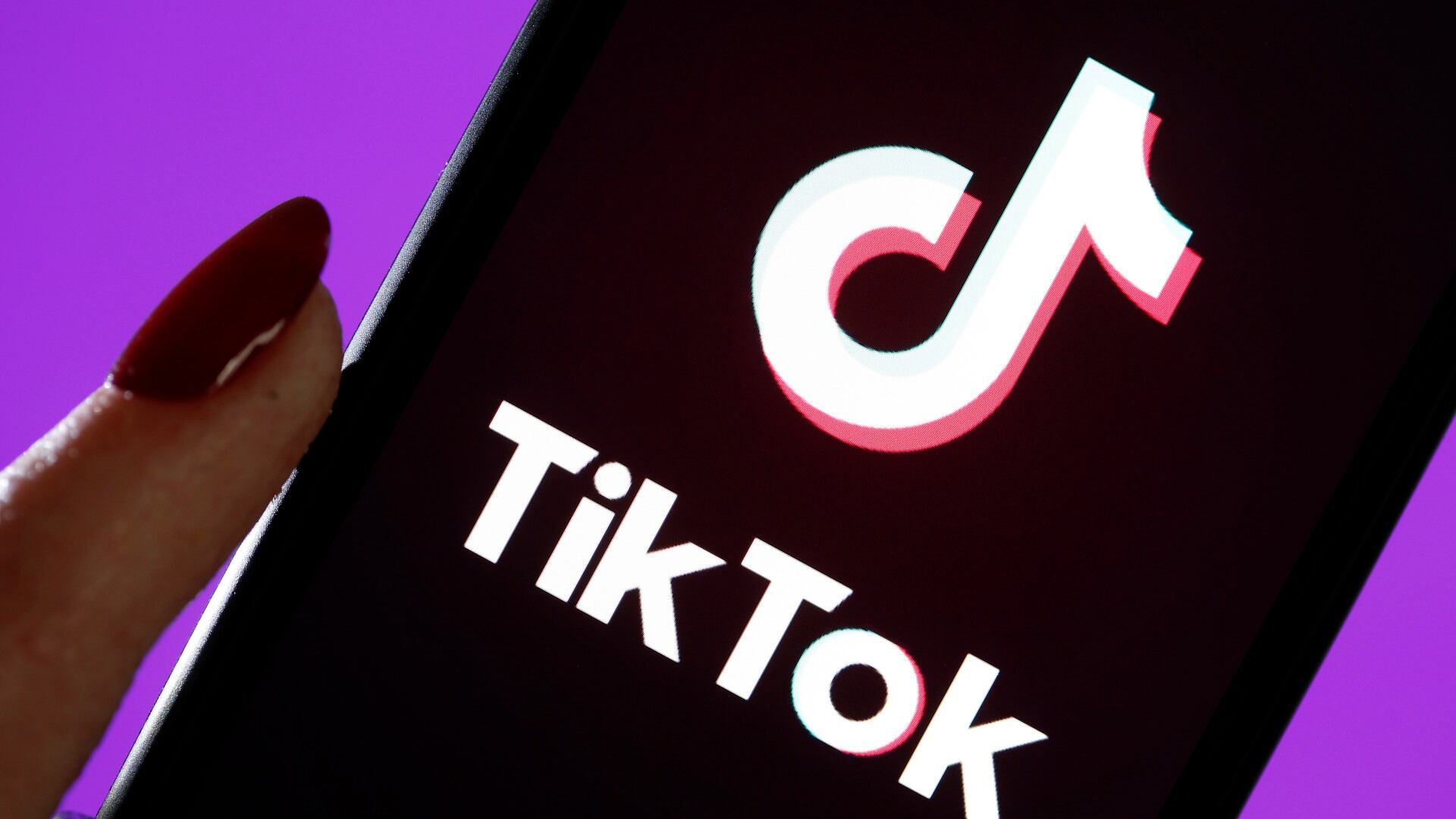Web browser Mozilla is investing $30 million into launching a startup, called Mozilla.ai, focused on building a "trustworthy, independent, and open-source AI ecosystem."
The company wrote in a blog post about the investment: "This new wave of AI has generated excitement, but also significant apprehension. We aren’t just wondering What’s possible? and How can people benefit? We’re also wondering What could go wrong? and How can we address it? Two decades of social media, smartphones and their consequences have made us leery."
Mozilla said it still sees the potential of AI to enrich peoples' lives, but it doesn't see those positive effects coming from "big tech and cloud companies with the most power and influence."
The company pitched Mozilla.ai as a "counterweight to the status quo" that will make "generative AI safer and more transparent." Moez Draief, who researched AI at Imperial College and LSE, will lead the initiative.



